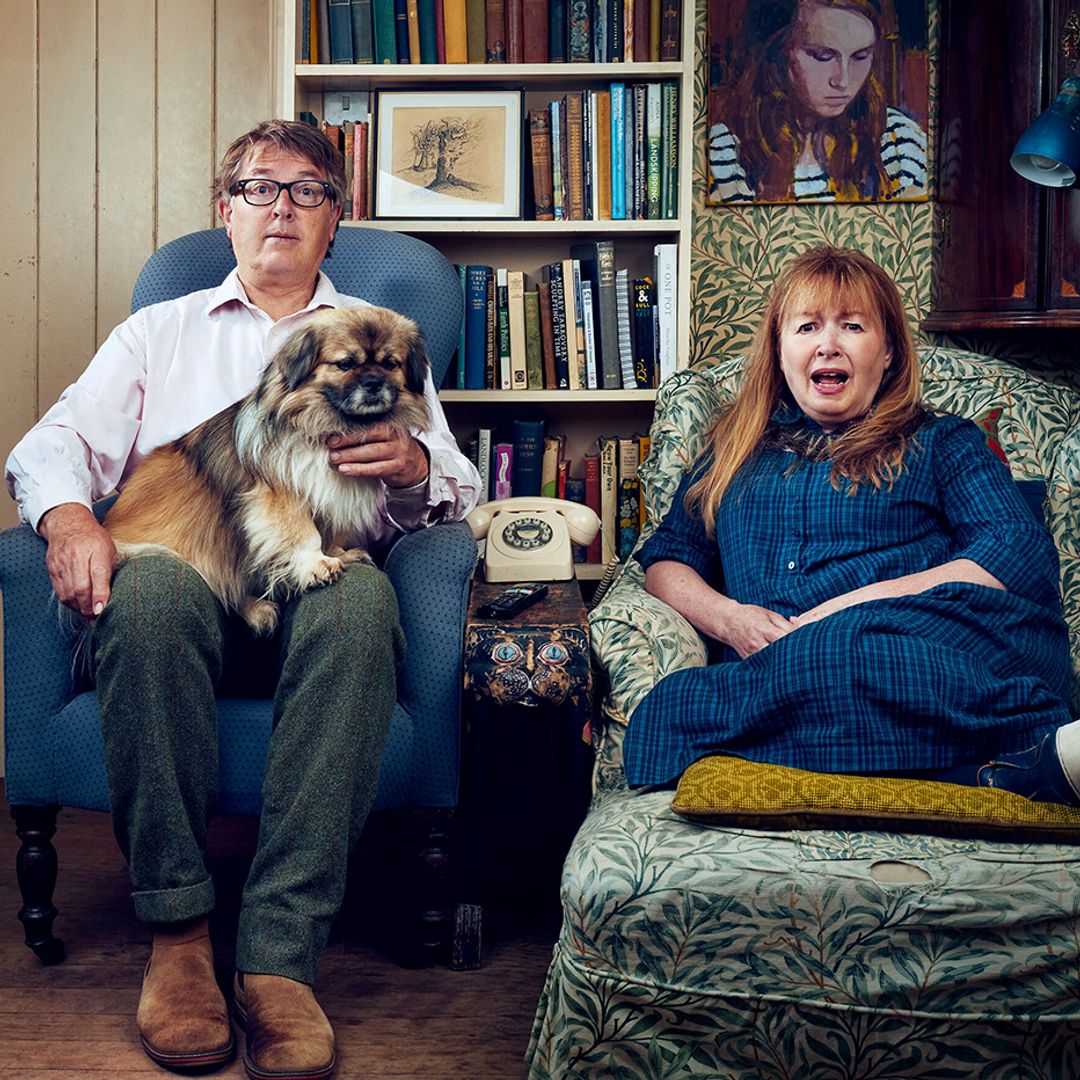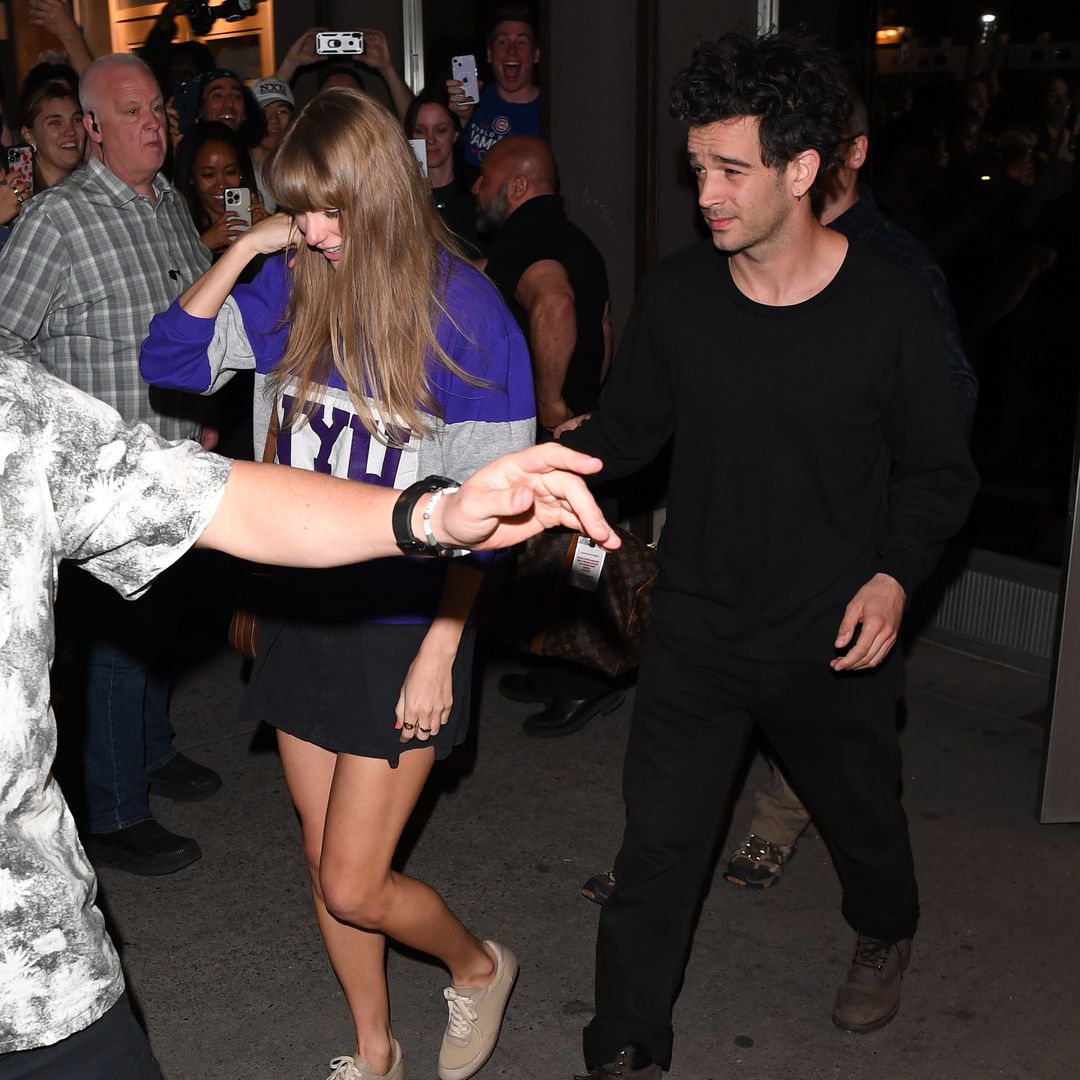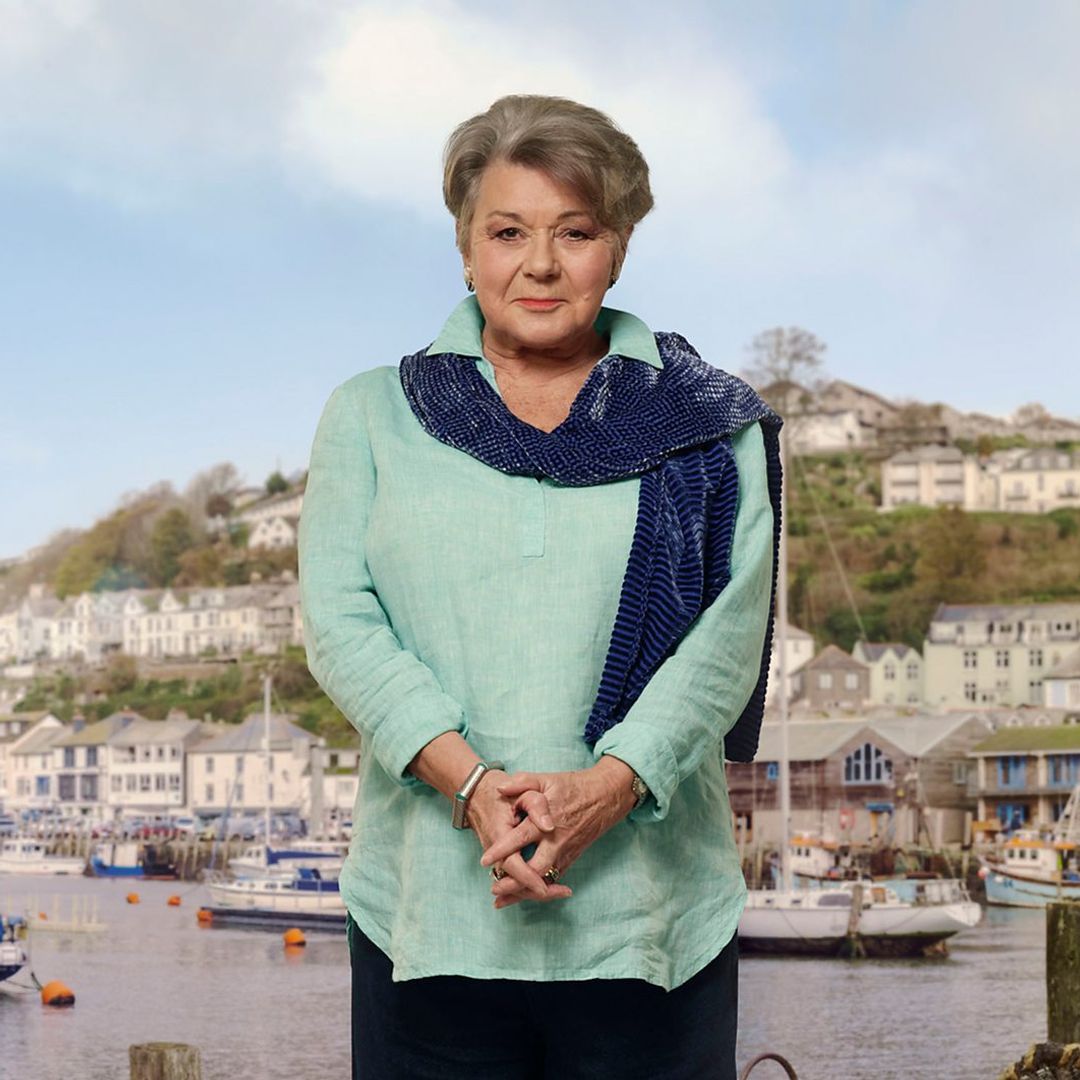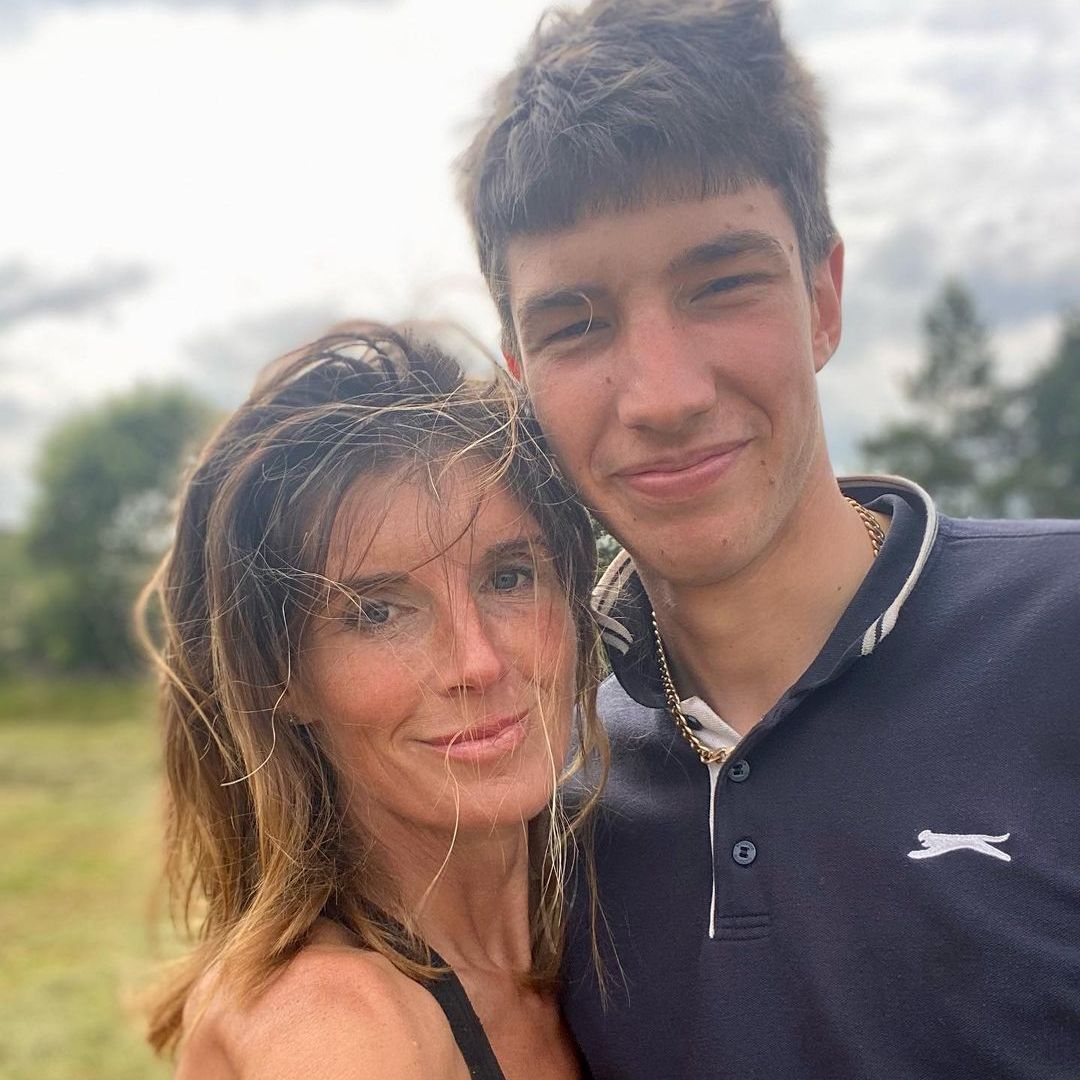Click here to see the trailer of The Curse Of The Golden Flower
As her latest Chinese language film The Curse Of The Golden Flower hits screens around the UK on April 13, glamorous Memoirs Of A Geisha actress Gong Li talks about her new role and her recent move into the Hollywood mainstream.
It’s been over a decade since you last collaborated with The Curse Of The Golden Flower director Zhang Yimou. What drew you to making this film and working with him once again?
"We had always hoped to have a chance to work together again. When Zhang Yimou first approached me with the script for Curse Of The Golden Flower, it was clear right away why he thought of me. The role was just right for me, and I felt just right for the role."
How did you prepare for your role in the film? Did you do a lot of research into the period?
"Yes, we looked at a lot of historical material about the Later Tang dynasty, including the costumes, the styles of beauty, the court rituals, and so on. But for the character herself, I spent a long time reflecting on the Empress and her identity as a woman in a man’s world. She is the Empress and therefore is above everyone else in society except the Emperor, who is also her husband, and is also a man. So their relationship has many layers, and this is the paradox for her."
The film relies less on the martial-arts action of Flying Daggers and more on the drama of the mechanics of power in the royal family. Do you think the story has a relevance to today’s Chinese society?
"The story is driven by the intense relationships between the characters at the royal court, a very lavish but stifling environment. Those kinds of interactions, especially among close family members, might happen to anyone. This film is like a magnifying glass on human nature which means it's possible for each person to see something slightly different in the film. So of course you can find a message about contemporary society or about your own life in it…"
What attracted you to working on Hollywood productions such as Memoirs Of A Geisha and Miami Vice?
"Well, the timing was right, as were the scripts and the whole package. In the past, people had approached me to be in Hollywood films, but the roles they offered were not very interesting - like a pretty Chinese woman in a Chinese dress who walks around and says a few lines and then disappears. Nowadays, Hollywood writers are writing more Asian characters who are full and complex, like real people. It is part of a general trend as Asian culture becomes more popular around the world."
What was it like working with Michael Mann after doing a film with Wong Kar-wai who has a very different approach to directing?
"Wong Kar-wai does not have a script, so this puts a lot of pressure on the actors on the set to improvise. Sometimes you don’t know what the story is really about, or exactly where in the story this particular scene falls. Sometimes you don’t even know who else will be in the scene. This means you can learn a lot about flexibility and imagination. On the other hand, Michael Mann pays attention to detail. For Miami Vice I spent a long time training in salsa dancing, English, how to handle a gun, riding in the speedboat, how money laundering works, what life is like in the Chinese community in Cuba, and so on.
"He's very good at seeing how far you can go and then pushing you to go one step further. It's like climbing a mountain of snow: first he piles up a little hill and gives you some equipment, and you think, OK, not so bad, then he keeps piling on more until it is a whole mountain. You think you'll never get to the top. But when you finally do, it is so easy to come down the other side. After that, I felt like I could make any film with any director, anywhere in the world."
Do you see your career in both Hollywood and Chinese productions or do you think you will stick to one region in the future?
"I am happy to make movies anywhere in the world. Certainly I will continue in both China and Hollywood. As for everywhere else, well, the most important thing is the combination of good director, good script, and good character. Those things can come together anywhere."
So far you’ve played a Japanese geisha and a Cuban-Chinese gangster in American films. There was some controversy in having Chinese actresses play Japanese geishas. How do you feel about the representation of Asians in American cinema?
" I don’t think it matters too much if a Chinese actress plays a Japanese character or vice-versa. In the two roles that you mention, the main point for me in understanding and developing the characters was that they were both women constrained by their social situations, not that they were Japanese or Chinese or Cuban."
Is there one particular role you’re especially proud of or would like your career to be defined by?
"Each role came at a different time, so each one represents a different moment in my own life and career. Of course the films I have done in Hollywood look quite different from the earlier ones I did in China, and they are significant because of that move. I am proud to have played such a wide range of characters. One of my personal favorites is The Story Of Qiu Ju because it has such a realistic style. Sometimes I didn’t even know where the camera was."
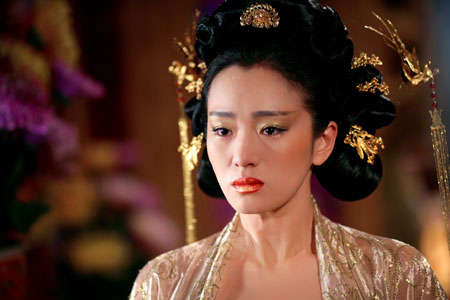 Photo: © Alphapress.com
Photo: © Alphapress.com
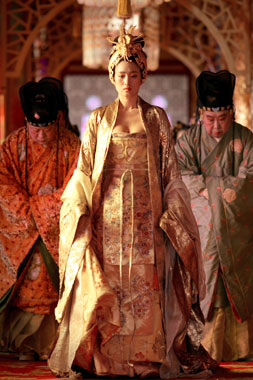 Photo: © Alphapress.com
Photo: © Alphapress.com
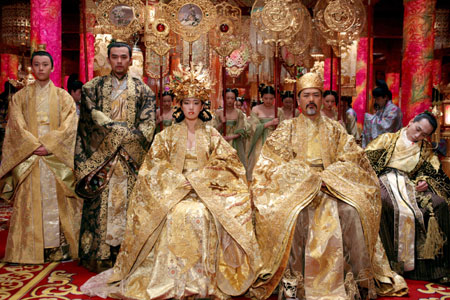 Photo: © Alphapress.com
Photo: © Alphapress.com
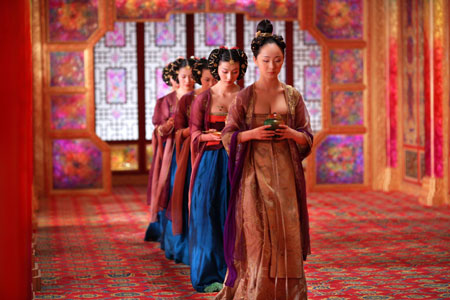 Photo: © Alphapress.com
Photo: © Alphapress.com

